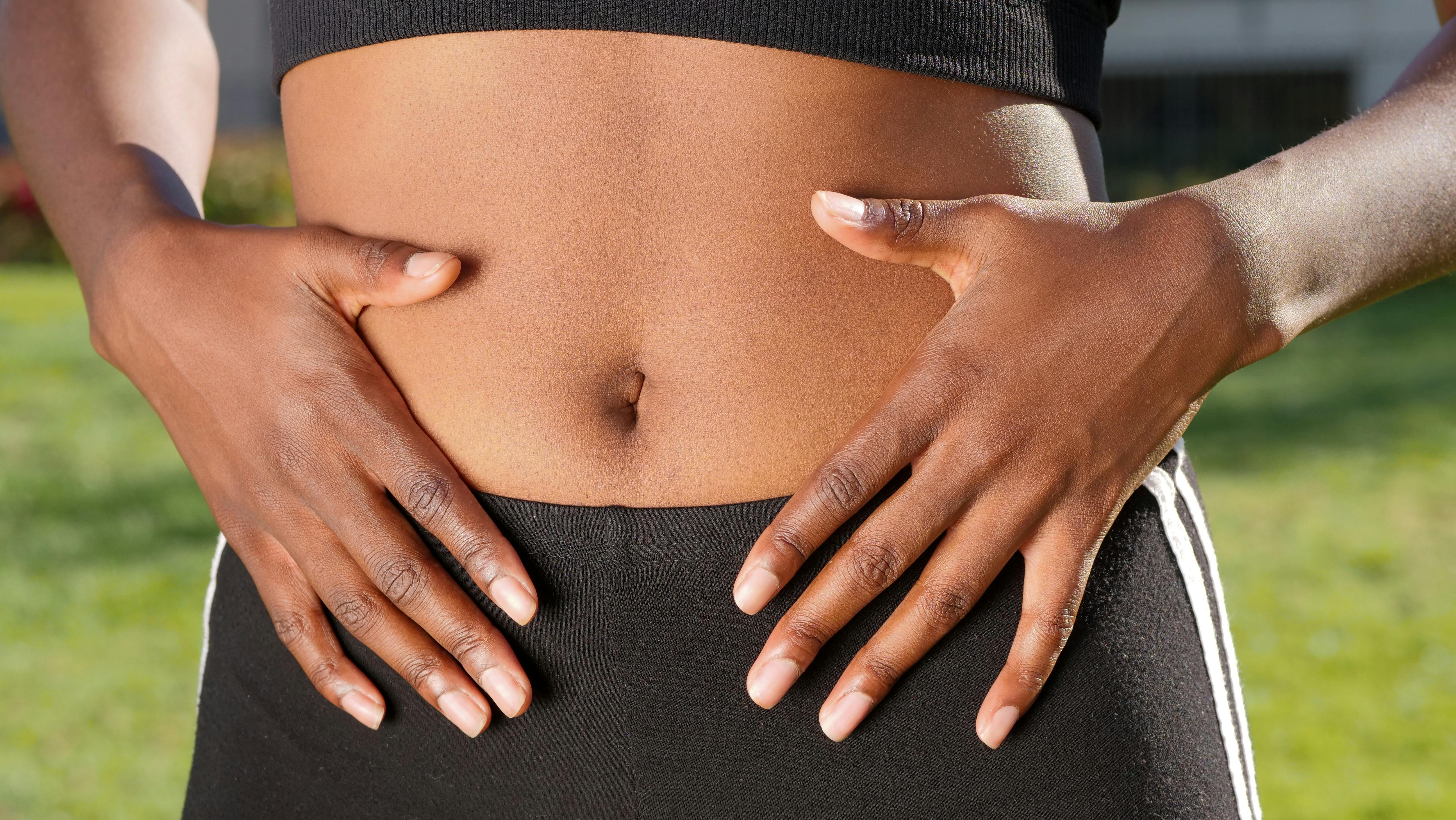Navigating the world of baby care can be overwhelming, especially when it comes to supplements like probiotics. Probiotics for babies are quickly gaining attention for their potential benefits but deciphering what's best for your precious little one can leave you scratching your head.
This comprehensive guide aims to empower you with the knowledge needed to make informed decisions about probiotics and your little one's health.
As research advances and our understanding of gut health evolves, so does the recognition of the importance of establishing good gut flora, especially in infancy. It’s not surprising then, that introducing probiotics into a baby's routine has become a growing subject of interest among parents and healthcare professionals alike.
Why your baby’s gut bacteria is crucial for their health
The human gut is a bustling ecosystem teeming with trillions of microorganisms, including bacteria. These tiny inhabitants – our microbiota play – a vital role in our well-being, influencing everything from digestion to immune function.
Our microbiota helps us digest food, regulate the immune system, fight harmful bacteria, produce vitamins and assist in detoxification.
When it comes to babies, research suggests that establishing a healthy gut microbiota may be especially crucial.
Infant gut health: A blank slate to build upon
Unlike adults who harbour a diverse array of gut bacteria, babies enter the world with a pristine gut—essentially a blank slate. As they journey through infancy and early childhood, they gradually accumulate these essential microorganisms, primarily influenced by factors such as breastfeeding, skin-to-skin contact, nutrition and the environment they interact with.
The gut health golden window: Can baby probiotics be helpful?
From early life to adulthood, the microbiota play a crucial role in the health of the infant. The microbiota in early life are not only a key regulator of infant health but also associated with long-term health.
Research suggests that, “the first 1000 days after birth represent a critical window for gut microbiome development, which is essential for immune system maturation and overall health”.
Building baby gut health
During the first few months and years of life, parents have a unique opportunity to build their baby’s gut flora. Here’s some tips for our experts:
- Enjoy lots of skin-to-skin contact
- Spend time outside every day
- Do what you can to ensure your child gets enough sleep
- Only use antibiotics when really needed
- Introduce your child to a varied diet with lots of fruits and vegetables after 6 months of age
- Support a healthy gut flora with a baby probiotic supplement
Baby probiotics: Common questions answered
When to consider baby probiotics?
A baby who cries a lot? Tummy discomfort? Factors such as the baby's health status, feeding method, and any existing medical conditions may influence this decision.
Consulting with a healthcare professional can provide valuable insights tailored to your baby's individual needs.
Are probiotics suitable for babies?
While probiotics are generally considered suitable for healthy infants, certain precautions should be observed. It's essential to choose reputable probiotic products specifically formulated for infants and avoid giving adult probiotic supplements to babies.
Research indicates that establishing a health gut microbiota may be a beneficial aspect of early childhood nutrition and wellness. When the gut microbiota harmony is disrupted, probiotic supplements may help in restoring this balance.
And of course, seeking expert advice and staying informed about the latest research developments are essential steps in navigating the world of probiotics for babies.




